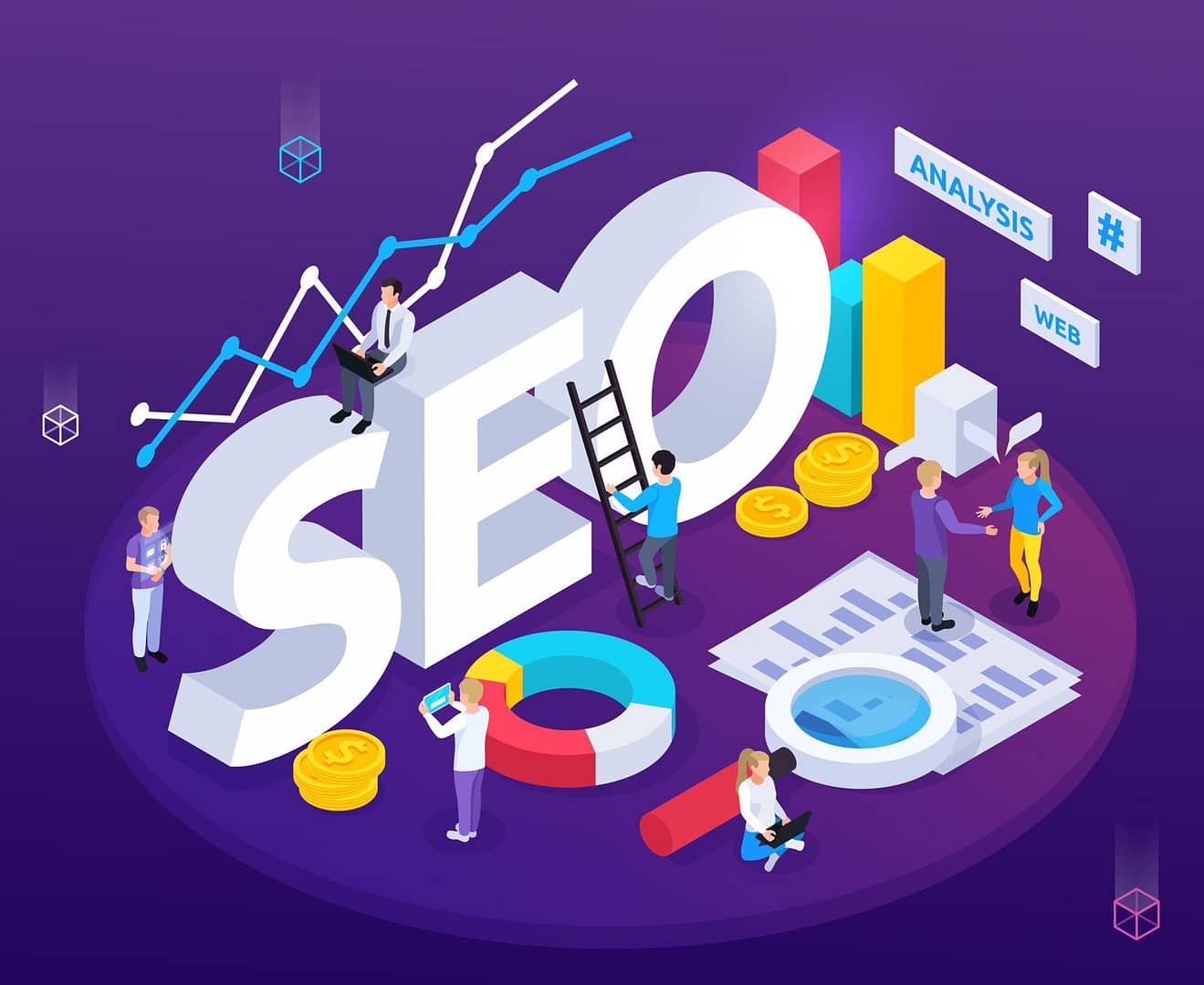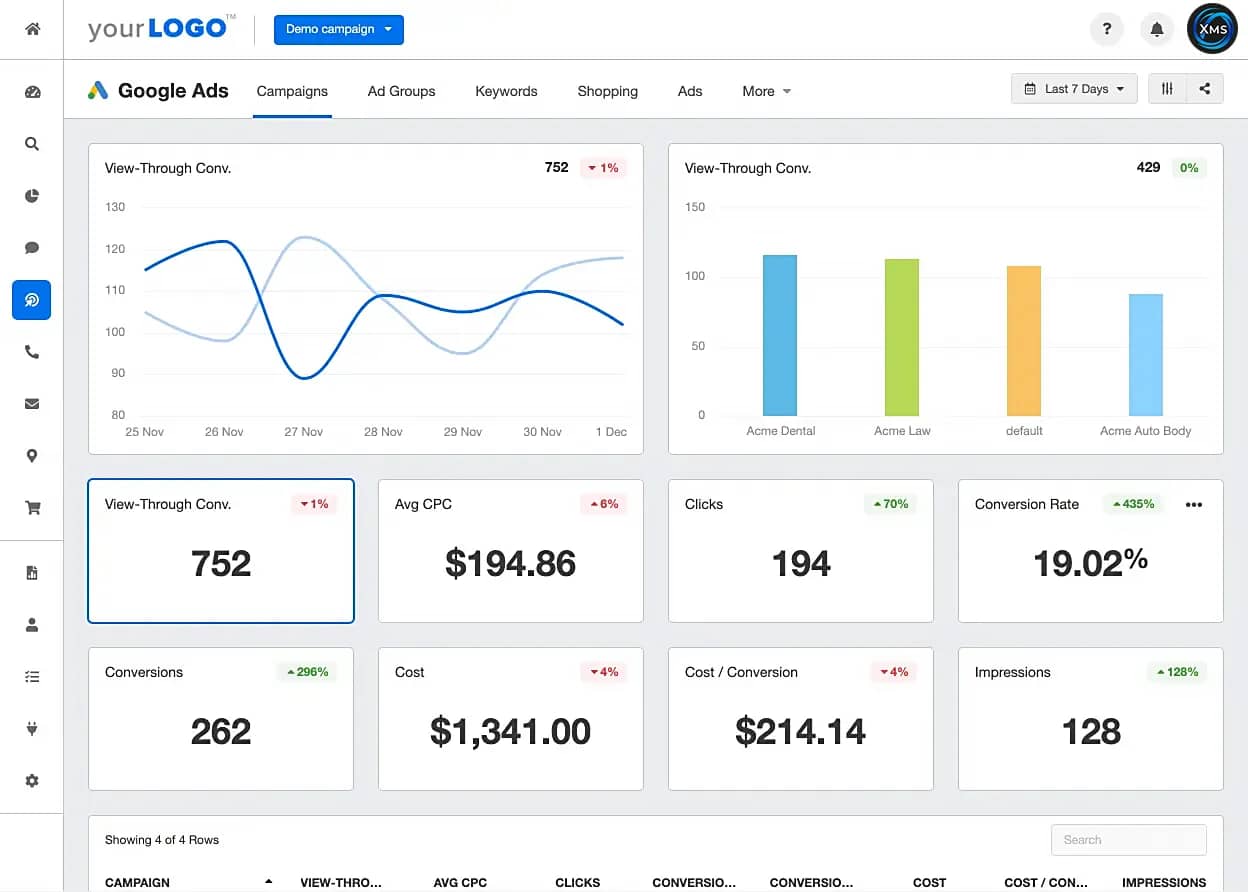Artificial intelligence is transforming the way businesses create digital content, but not every transformation is positive. While AI tools promise speed and convenience, their use can have serious consequences for search visibility. Understanding the AI and SEO impact is essential if you want to protect your rankings and maintain a credible online presence.
Low-Quality Content Hurts Rankings
One of the most significant issues is the tendency of AI to generate shallow or repetitive copy. Text may appear polished at first glance, yet it frequently lacks the depth and unique insights that readers—and search algorithms—expect. This lack of originality signals to search engines that a page provides little value, which can translate into lower rankings.
Accuracy is another major concern. Large language models can “hallucinate,” inventing facts or statistics that simply are not true. When these inaccuracies spread across your site, they seriously affect trust not only for users, but also for search engines. Google’s emphasis on E-E-A-T (Experience, Expertise, Authoritativeness, Trustworthiness) means that content without genuine human expertise can quickly slide down the rankings.
Even the tone of AI-generated text can be a problem. Generic phrasing and robotic language fail to engage visitors. If readers sense they are interacting with an impersonal machine rather than a knowledgeable brand, they are less likely to stay, share, or convert—metrics that search engines track closely.
Spam and Plagiarism Risks
Improper prompts or poorly configured AI tools can also create spam-like content. Keyword stuffing—a tactic long penalized by search engines—can occur when an algorithm repeats terms in an unnatural way. Instead of helping your SEO, this can trigger ranking penalties that are difficult to recover from.
Duplicate content is another danger. Because AI draws from existing online material, it can produce passages too similar to published sources. While it may not be intentional, this resemblance can lead to duplicate content flags. In some cases, outright plagiarism may slip through, putting your brand’s reputation and search performance at risk. These issues clearly illustrate how AI’s negative effects on SEO ranking can be severe when content is not carefully reviewed and refined by human editors.
Poor User Experience Signals
Search engines analyze visitors’ behavior when visiting your site. If users quickly leave a page because the content is unhelpful or inconsistent, the resulting high bounce rates and low dwell time signal that the material lacks value. Over time, these metrics contribute to lower rankings and weaker visibility.
AI misuse can also lead to AI distortions in brand communication. A mechanical voice or inconsistent messaging undermines the personality you’ve worked to establish, weakening brand equity. In extreme cases, if Google deems your pages to be thin or spammy, they can be devalued or even removed from search indexes altogether—a devastating outcome for any business that relies on organic traffic.
Avoiding Miscommunication with AI
The solution is not to ban AI entirely but to approach it with caution and strategy. Avoiding miscommunication with AI starts with treating these tools as assistants rather than autonomous creators.
- Set clear guidelines. Define tone, style, and factual requirements before generating content.
- Verify information. Every statistic or claim should be checked against trusted sources.
- Infuse human insight. Add real-world examples, expert commentary, and brand-specific details that an algorithm cannot supply.
By combining AI’s efficiency with human oversight, you can reduce errors while maintaining credibility.
Human Expertise Remains Essential
Search engines continue to prioritize authentic, experience-based content. Subject-matter experts provide context, nuanced understanding, and a trustworthy voice that AI cannot replicate. Their contributions help meet E-E-A-T standards and differentiate your brand from competitors relying solely on automation.
Human writers also bring creativity and storytelling, crafting narratives that resonate with readers. These qualities increase engagement, encourage backlinks, and ultimately strengthen SEO performance. An algorithm can generate a sentence, but it cannot match the insight of someone who has lived the experience or understands the subtleties of a complex topic.
Building a Sustainable Content Strategy
Rather than seeing AI as a shortcut, integrate it into a broader plan that values quality over quantity. A sustainable strategy includes:
- Editorial Review – Every AI-assisted draft should undergo thorough editing for accuracy, originality, and brand alignment.
- Regular Audits – Monitor metrics like bounce rate, dwell time, and organic traffic to identify pages that may be suffering from low-quality content.
- Balanced Production – Combine AI efficiencies for data collection or outline creation with human-led analysis and storytelling.
This approach keeps your website in line with evolving search algorithms and protects against sudden penalties. It also ensures that your team remains focused on producing content that is genuinely helpful to your audience, rather than simply filling a publishing calendar.
Why Professional Guidance Matters
Managing the delicate balance between technology and human expertise can be challenging for busy businesses. Partnering with experienced marketers ensures that AI tools are used strategically, not recklessly.
A noteworthy example is Xperience Marketing Solutions, a digital marketing agency that emphasizes data-driven strategy and personalized brand development. Our team understands how to leverage technology without sacrificing quality, helping clients create content that aligns with SEO best practices while preserving a distinctive brand voice. By focusing on measurable results and tailored campaigns, we illustrate how professional oversight can prevent the common pitfalls of unmonitored AI use.
Working with professionals like us can also free your internal team to focus on growth, product innovation, and customer relationships—areas where human creativity and insight deliver the most value.
Key Takeaways for Business Owners
The convenience of AI may be tempting, but the potential downsides are substantial:
- Low-quality content undermines authority and triggers ranking drops.
- Spam and plagiarism risks can lead to penalties or loss of credibility.
- Poor user experience damages engagement metrics and devalues pages.
Recognizing these factors is crucial to understanding the broader AI and SEO impact on your digital strategy. Quick fixes and shortcuts rarely lead to long-term success, and AI-generated text is no exception.
Moving Forward with Caution
AI is still an invaluable resource for research, idea generation, and workflow automation. When paired with thoughtful human direction, it can speed up production without sacrificing quality. The key is to remain vigilant:
- Keep editors in the loop for every piece of content.
- Avoid over-reliance on automated keyword placement.
- Ensure that every article reflects genuine brand expertise.
- Regularly refresh and update older pages to maintain accuracy and relevance.
By following these principles, you protect your site from the hidden dangers that come with unfiltered AI content and demonstrate to search engines that your business values accuracy and originality.
Learning How to Use AI to Favour SEO
Artificial intelligence is a powerful tool, but unchecked use can sabotage your marketing goals. The AI and SEO impact extends far beyond convenience: low-quality writing, keyword abuse, and brand inconsistencies can all lead to ranking penalties and lost trust. To safeguard your visibility, prioritize human expertise, maintain rigorous editorial standards, and seek guidance from professionals like Xperience Marketing Solutions, who understand how to balance innovation with credibility providing exceptional services for companies in Martin County, Indian River County, Palm Beach County, Vero Beach and Boca Raton.
In the fast-changing world of digital marketing, a thoughtful blend of technology and human insight remains the most reliable path to sustainable SEO success. Businesses that respect this balance will not only protect their rankings but also build a brand voice that resonates authentically with their audience—something no algorithm can replicate.







